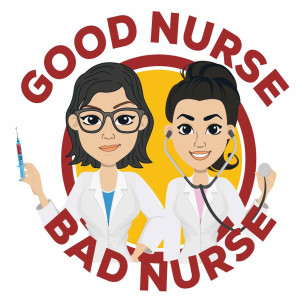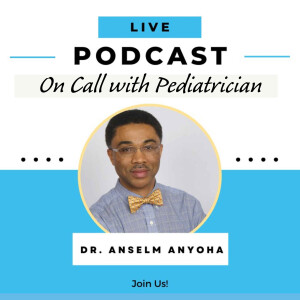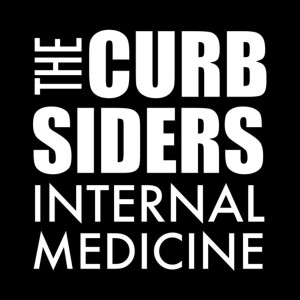

Acute myeloid leukemia (AML) is the most common type of adult leukemia, with over 19,500 new cases estimated to be diagnosed per year in the US alone. According to the NIH, 27.4% of people diagnosed with AML will survive for five years or more. AML is typically treated with a combination of cytarabine and anthracycline-based chemotherapy regimens, and allogeneic stem cell transplantation, in eligible patients. However, many patients will relapse after transplantation and many elderly patients cannot withstand intensive chemotherapy regimens. Thus, there remain unmet needs in the treatment of AML. The identification of mutations such as FLT3-ITD, NMP1 and CEBPA has improved risk-stratification and treatment optimization. Novel post-transplant maintenance therapies, as well as new approaches to transplantation are showing promise in improving outcomes for patients with AML.
In this podcast, Guillermo Sanz of the University Hospital La Fe, Valencia, Spain, Nico Gagelmann of the University Medical Center Hamburg-Eppendorf, Hamburg, Germany, Mohamad Mohty of Saint-Antoine Hospital, Paris, France, and Farhad Ravandi, of the University of Texas MD Anderson Cancer Center, Houston, TX, share updates on their research in the field of AML which they presented at the 47th Annual Meeting of the European Group for Blood and Marrow Transplantation (EBMT) 2021.
More Episodes
All Episodes>>Creat Yourt Podcast In Minutes
- Full-featured podcast site
- Unlimited storage and bandwidth
- Comprehensive podcast stats
- Distribute to Apple Podcasts, Spotify, and more
- Make money with your podcast












